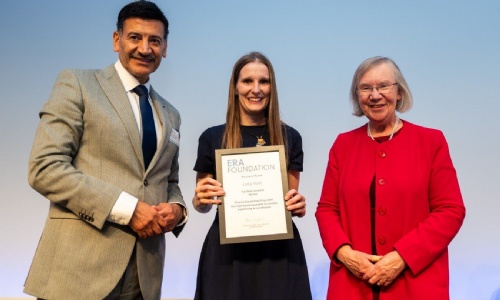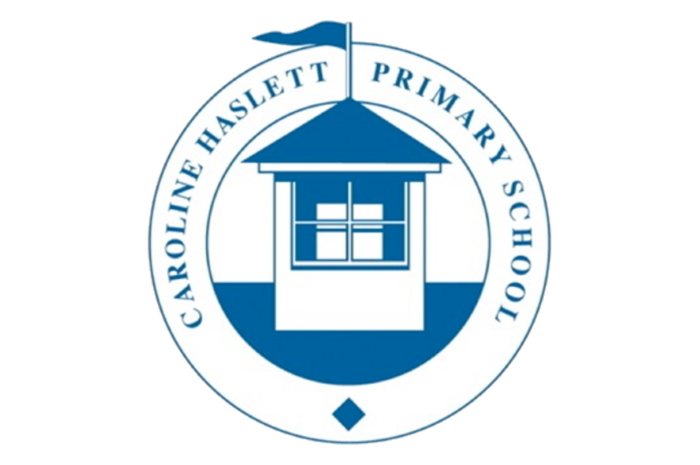The Clark Prize rewards four exemplary teachers for showcasing engineering in schools.

Four exceptional teachers from schools in England, Wales, Scotland and Northern Ireland have received the 2025 Clark Prize, including £12,000 over three years for their schools, awarded by the ERA Foundation to recognise teachers who work to connect engineering themes and careers with the classroom.
Lucy Hart from Caroline Haslett Primary School in Milton Keynes and Tracey Ellicott of East Wemyss Primary School and Nursery in Fife were joint winners in the primary school category. Dewi Thomas of YGG Bro Edern in Cardiff, and Clare Doherty from St. Mary’s College, Derry, were both awarded the secondary school prize.
Their schools receive £12,000 over three years to support their STEM engagement projects, and the teachers, who typically run all these STEM activities pro bono and in their own time, receive an individual award.
It is the first year that the Clark Prize has been jointly awarded to two teachers per category of school, and the first time that schools in all four devolved countries of the United Kingdom are represented.
Every year the unique prize, organised by the ERA Foundation and named after former foundation Executive Secretary, the late Dr David Clark, rewards the contributions of teachers working in STEM (Science, Technology, Engineering and Mathematics) engagement, who do exemplary work to link school children with engineering experiences and activities. David Clark sadly passed away in September and was a devoted servant of ERA Foundation, and Warwick Manufacturing Group.
Lucy Hart (above) of Caroline Haslett Primary School has established two after-school clubs that use “Educademy” resources to vivify STEM learning. Lucy champions diversity in STEM, and her work led to the school being recognised as an iBelong Champion in December 2024, a scheme to encourage girls to study computer science.
Last year, she entered Key Stage 2 learners at her school into the Bebras Challenge, a global competition focused on computational thinking. The children achieved 17% above the national average in computational thinking. At this year’s British Computer Society BBN Prize Award, Lucy took a team of learners to Cranfield University to compete in a national competition, where the Year 6 girls secured first place for their innovative Online Safety Coding project, showcasing their coding ability.
Lucy has also encouraged children to enter the Primary Engineer competition, If You Were an Engineer, What Would You Do?
